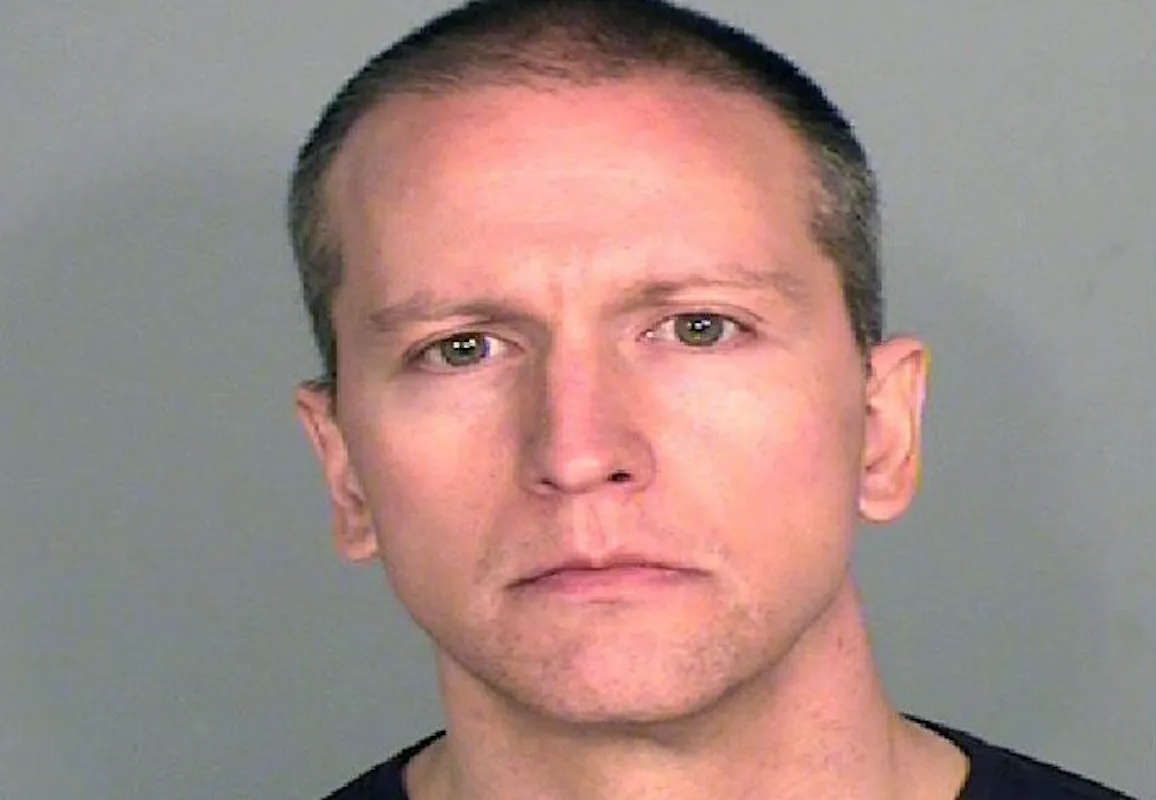Derek Chauvin’s Controversial Legacy: The Documentary That Divides America
The legacy of Derek Chauvin, the former Minneapolis police officer, remains a contentious topic in America. His actions on May 25, 2020, when he murdered George Floyd, not only ignited a global outcry against police brutality but also raised critical questions about race, justice, and accountability in law enforcement. As a new documentary exploring Chauvin’s legacy gains attention, it has sparked renewed debates about his actions and their implications for American society.
On that fateful day in May 2020, Derek Chauvin was captured on video kneeling on George Floyd’s neck for over nine minutes. This shocking footage, which spread rapidly across social media, became a catalyst for widespread protests against systemic racism and police violence. The public outrage was palpable, with millions taking to the streets to demand justice for Floyd and reforms in policing practices. The incident underscored the urgent need for discussions about race relations in America, particularly regarding the treatment of Black individuals by law enforcement.
Chauvin’s trial began in March 2021 and was notable for being broadcast live, allowing the public to witness the proceedings firsthand. On April 20, 2021, he was convicted of second-degree murder, third-degree murder, and second-degree manslaughter, receiving a sentence of 22.5 years in prison. This verdict was seen by many as a pivotal moment in the fight for racial justice, yet it also highlighted deep divisions within American society. Many Black Americans viewed the case as emblematic of systemic racism in law enforcement, while some white Americans expressed differing views on accountability and justice.
The documentary examining Chauvin’s legacy presents a complex narrative. It showcases various perspectives, including those who argue for Chauvin’s redemption and others who regard him as a symbol of police violence. Critics of the documentary argue that it downplays the severity of Chauvin’s actions and the profound impact they had on the Black community. This portrayal has reignited conversations about the ethics of storytelling in the context of social justice issues and the responsibilities of media representation.
Chauvin’s actions and the subsequent trial have sparked important discussions about police reform and accountability. Many activists advocate for significant changes within law enforcement agencies across the United States, emphasizing the need for systemic reforms to prevent future incidents of violence. The case has also influenced public opinion on policing, with calls to defund the police and reallocate resources to community services gaining traction.
The ongoing legacy of George Floyd’s death continues to resonate throughout the nation. Movements for racial justice and police reform remain active, making Chauvin’s actions a focal point in these discussions. The documentary’s release has further fueled these conversations, prompting viewers to reflect on the broader societal implications of Chauvin’s actions and the need for systemic change.
In the wake of the trial, financial settlements have also been a significant aspect of the narrative. The city of Minneapolis agreed to pay George Floyd’s family $27 million, a stark reminder of the human cost of police violence. This settlement, while providing some measure of justice for Floyd’s family, also raises questions about the effectiveness of financial reparations in addressing the systemic issues at play.
Chauvin’s defense during the trial argued that Floyd’s pre-existing health conditions and drug use were contributing factors to his death. This argument has been a point of contention in public discourse, with many rejecting the notion that Chauvin’s actions were anything but the primary cause of Floyd’s death. The trial’s outcome and the arguments presented reflect broader societal debates about race, justice, and the role of law enforcement in America.
As the documentary continues to circulate, it serves as a reminder of the complexities surrounding Chauvin’s legacy. While some view him as a perpetrator of violence, others attempt to frame him as a victim of circumstance. This dichotomy underscores the challenges of navigating discussions about race and justice in a deeply divided nation. The ongoing debates surrounding Chauvin’s legacy reflect the urgent need for continued dialogue about the future of policing and the quest for a more equitable society.
In conclusion, Derek Chauvin’s controversial legacy is far from settled. The documentary exploring his actions has reignited discussions about police reform, racial justice, and the ethics of storytelling. As America grapples with the implications of Chauvin’s actions, it is clear that the fight for justice and accountability will continue to shape the national conversation for years to come. The legacy of George Floyd remains a powerful reminder of the work that still lies ahead in the pursuit of equality and justice for all.






Leave a Comment